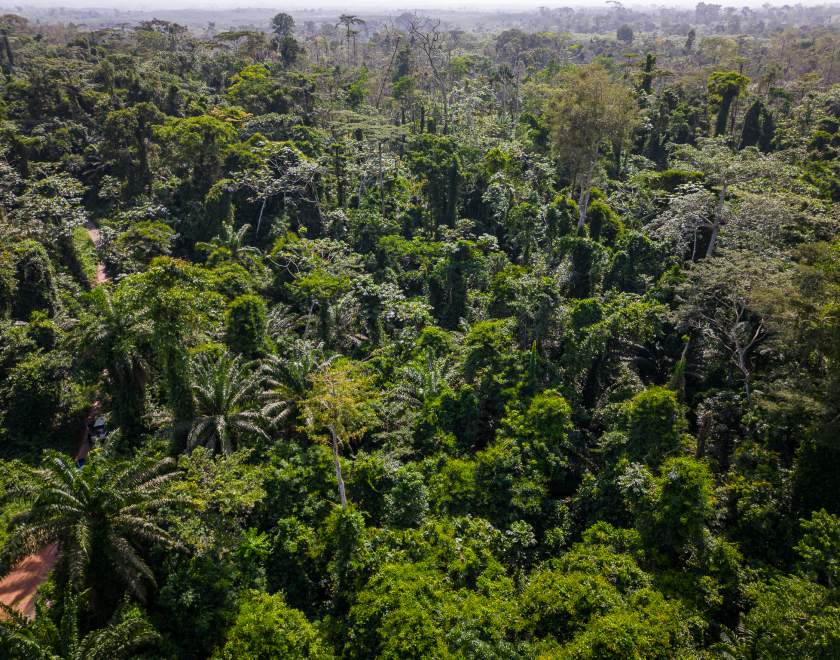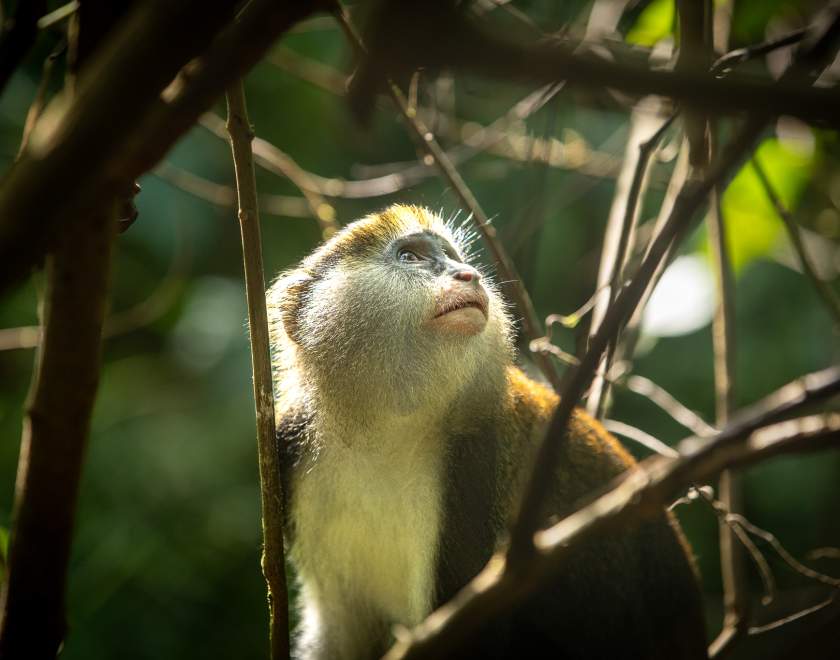
The World Cocoa Foundation (WCF) today announced the launch of a comprehensive deforestation risk assessment methodology for WCF members to use.
WASHINGTON, September 5th, 2024 – The World Cocoa Foundation (WCF) today announced the launch of a comprehensive deforestation risk assessment methodology for WCF members to use. This new methodology standardises how companies assess the deforestation risk level of all plots where cocoa destined for the EU market was produced – an analysis that is required for compliance with the European Union Deforestation Regulation (EUDR). Taking effect in 2025, EUDR will require importers of key commodities such as cocoa to show that those goods were produced on land free of deforestation since the end of 2020.
Until now, there has not been an authoritative methodology for assessing deforestation risk in the cocoa supply chain. The new methodology offers step-by-step technical guidance to help companies comply with EUDR as they ship cocoa to EU markets. It is designed to work with cocoa from all origin countries. WCF developed it in partnership with remote sensing pioneer Satelligence, the European Cocoa Association (ECA) and the European Forest Institute (EFI). It includes detailed directions on how to gather and clean farm polygon data, compare against forest baseline sources and detect deforestation.
“This new WCF methodology helps ready the cocoa sector for EUDR compliance and is an important milestone in WCF’s overall traceability strategy,” said Chris Vincent, WCF President. “That strategy is focused on industry alignment and collective action, including enabling science-based, standardised best practices and systems that will contribute to real impact across the sector. It helps our members, cocoa farmers and policymakers achieve the shared goal of ending cocoa-related deforestation and improving farmer incomes linked to cocoa.”
By establishing best practices for data and processes, the new methodology will boost confidence in cocoa traceability and cocoa sustainability. It will enable companies to provide greater assurance regarding the cocoa passing through their supply chains. And it will help EUDR-compliant cocoa farmers maintain market access to the EU and avoid being unintentionally excluded from those supply chains by reducing “false positives.” These are instances where potential deforestation is detected but none has actually taken place.
"By helping the cocoa sector adopt a unified best-practice deforestation detection methodology tailored to the feedback of EU stakeholders, we created a reliable standard that directly supports EUDR compliance and beyond,” said Satelligence CEO Niels Wielaard. “Collective action builds trust and transparency among all stakeholders—including governments—ensuring that the path forward is both more simple and effective as we all work towards a deforestation-free cocoa sector."
Several WCF member companies participated in validating and refining the methodology prior to launch by using it to develop their own preparedness reports.
“Protecting forests has been a priority for Cargill for a long time. We have been working on best-in-class deforestation risk assessment solutions both through in-house experts and collaboration with external organisations,” said Jonathan Escolar, Technical Specialist for Climate, Land Use and Water at Cargill, which is a WCF and an ECA member company. “As an existing partner of Satelligence, we are happy to contribute to and support this methodology’s rollout across the broader WCF membership and contribute towards EUDR compliance. We hope to seek alignment and facilitate the exchange of data between supply chain actors leading to valuable learnings.”
About WCF
The World Cocoa Foundation (WCF) is an international membership organisation representing the global cocoa and chocolate sectors. Its members include farmer cooperatives, cocoa processors, chocolate manufacturers, supply chain companies and other companies worldwide.
WCF’s vision is to be a catalyst for a thriving and equitable cocoa sector that is collaborating to improve farmer income, reverse deforestation and combat child labour. WCF’s unique position at the centre of the cocoa and chocolate sector enables it to create strategic relationships and collaborative programmes with cocoa farming communities, governments, and civil society, which deliver transformative impact and systemic reform.
For media inquiries or further information, please contact:

